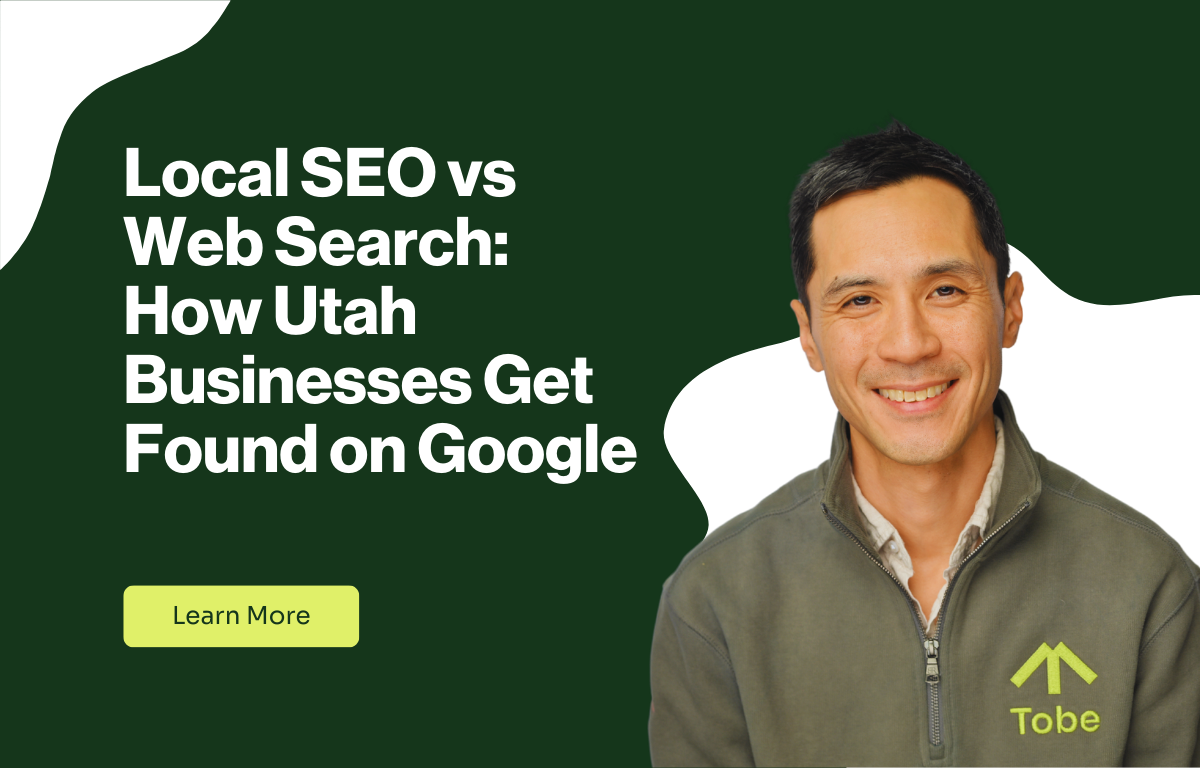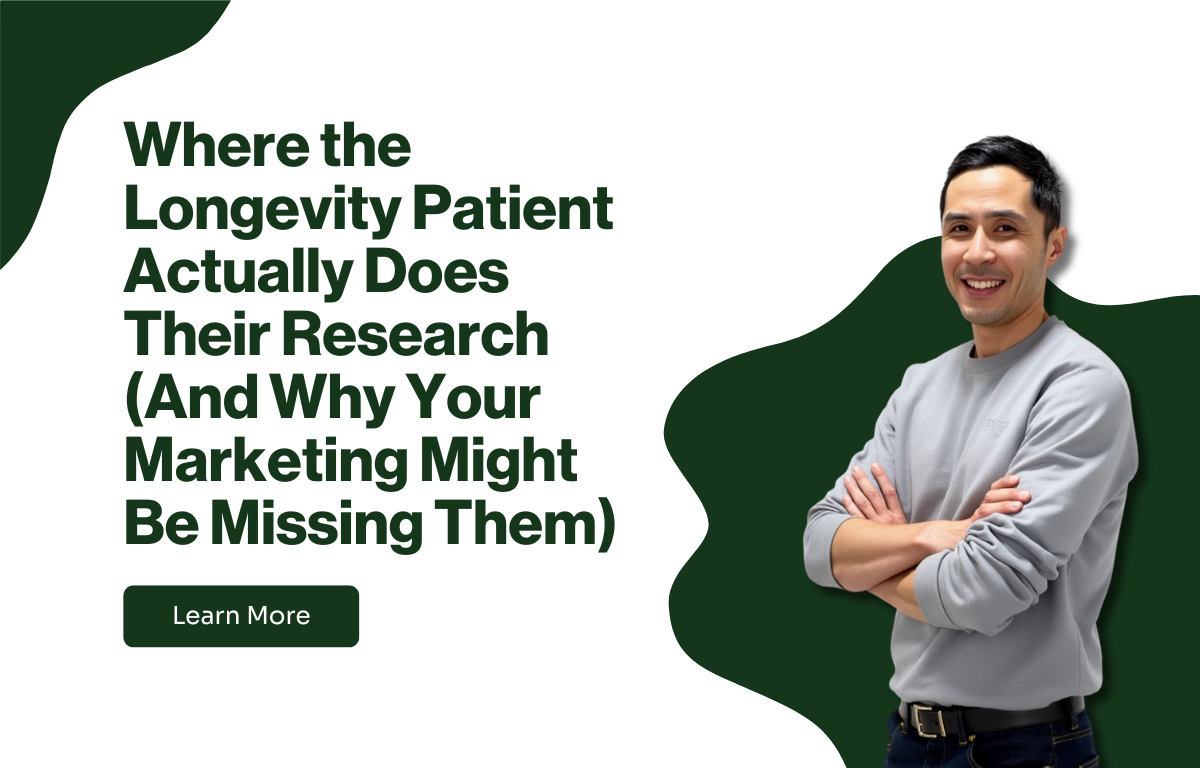We all know how important social media is to marketing and branding yourself as a real estate professional. We’re even starting to realize the benefit of using social media to generate leads.
The problem? These aren’t always quality leads. In fact, many Realtors have simply given up on social media leads because the conversion rate is so low.
While there are a lot of opportunities to generate real estate leads from various social media channels, many realtors need some training to learn how to successfully work social media generated leads.
If you’re a Realtor struggling with these types of leads,read on! You’ll quickly learn that social media leads are great (and worth sticking with), but they require patience and marketing automation to yield conversions.
Here are the 3 important things you need to know:
1. Most Social Media Generated Leads are at the Beginning Stages of the Buyer’s Journey
Many Realtors fail to take the buyer’s journey into account when they are working leads generated from social media. What’s the buyer’s journey?
The buyer’s journey is a framework that acknowledges a buyer’s progression through a research and decision process ultimately culminating in a purchase.
Basically, the buyer’s journey is a way for you to think about how serious that customer is in making a purchase. Here’s a brief overview of the 3 stages:
- Awareness stage: A potential buyer is experiencing some sort of “problem” and is aware that he/she needs a solution. A question a buyer asks at this stage is: “We have 3 kids now and our house is too small. Is it time for us to start looking for a new home?”
- Consideration stage: The potential buyer starts to research possible solutions. A question a buyer might ask at this stage is: “Should I look into single family homes, townhouses, or condos?”
- Decision stage: The potential buyer fully considers all the options in order to make a decision. A question a buyer might ask at this stage is: “Which real estate agent should I use to help me find a single family home?”
This journey is extremely important because it helps you understand the mindset of your leads before you contact them. The Internet is a fantastic place for buyers to research options, therefore, you need to keep this process in mind as you contact or build relationships with social media generated leads..
Simply put, most of the people who are clicking through real estate content on social media are likely in the Awareness and Consideration stages. This is because real estate is a huge transaction (one of the largest, if not THE largest in a person's life) and he majority of the folks who start their real estate search online are just trying to understand the basics, such as the best neighborhoods and general price ranges.
It's the Internet equivalent of window shopping.
This means that….
2. Social Media Leads Usually Take LONGER to Close!
Generally speaking, a social media lead is going to take longer to close than a lead that comes from a referral. Most referral leads are handed over when someone has already made the decision that they’re ready to buy a house. On the other hand, when you get a lead from social media, they may not be 100% sure they’re ready to buy a house.
Let’s say that you generated a lead from a downloadable PDF Community Guide that highlights home values, schools, etc. In order for a lead to download that guide, the potential buyer has to provide a a name and email address.
When this exchange happens, you’ve got a warm lead!
It's time to follow-up with an email selling your services, right? Not so fast!
It could be a fatal mistake to follow-up and try to close that buyer when they’re actually not ready to buy yet. Maybe they’re just thinking about moving to a specific neighborhood (among other neighborhoods).
Now let’s say you share a piece of content that reads “10 Things Every Buyer Should Know While Looking for a New Home,” and you get someone to provide an email address in exchange for this information. Chances are this person is a little more likely to be a serious homebuyer in the next 30-60 days. A a follow-up email directly to the lead may be warranted.
The point here is that the content you put on the Internet to attract leads really determines where that buyer is in the overall buyer’s journey. Depending on where they are, you’ll need to follow-up with appropriate messaging to “nurture” them through the rest of the journey. Since most real estate buyers and sellers are conducting online research to educate themselves on the process, they generally require a little more nurturing before you can consider them a warm lead.
Which takes me to the next point:
3. Email Nurture Campaigns are Critical
Email nurture campaigns allow you to automate touch points with your incoming leads. As a Realtor, you’re probably handling 20 different things at once just to keep your business running…
How the heck are you going to nurture all of your incoming social media leads at various stages of the buyer’s journey ?
There’s no way you can email or call them all individually. You just don’t have the time for that. And that’s where email campaigns and automation come into play.
I highly recommend that all real estate agents who generate social media leads set up an email “drip” campaign, which automates the delivery of your content. You can even set up your email automation to send specific types of content, depending on where the buyer is in his/her journey.
Are buyers downloading content that indicates they’re in the Awareness and Consideration stage? Set up an email automation sequence that continues to send them useful and appropriate content, helping them through the first steps of the home-buying process.t
Are buyers downloading content that indicates they’re in the Decision stage? You can set up an email automation sequence that invites leads to book an appointment to talk about their real estate needs.
The point here is that you can nurture your leads and continue your dialogue with them all while you are away from your desk. Even better, email automation and technology allow you to send contextual content based on where people are in the buyer’s journey.
If you’re interested in some technology that will help you pull this strategy together, check out the following:
- Hubspot CRM: This is a great tool that can integrate landing pages, CRM, and email automation all in one platform. It takes some time to configure and set up, but of all the CRM solutions out there, this is one of the simplest and most user friendly.
- Mailchimp: This email automation software is one of the easiest to set up. It's also super easy to design professional and engaging layouts and branded templates.
Implementing technology that will help you build robust and automated email nurture sequences will pay HUGE dividends down the road. An automated system will help you contact all of your incoming leads with appropriate and useful content.
Are you currently generating real estate leads through social media? How do you nurture your incoming leads in order to convert them into customers? Please let us–we’d love to hear from you!


.png)
